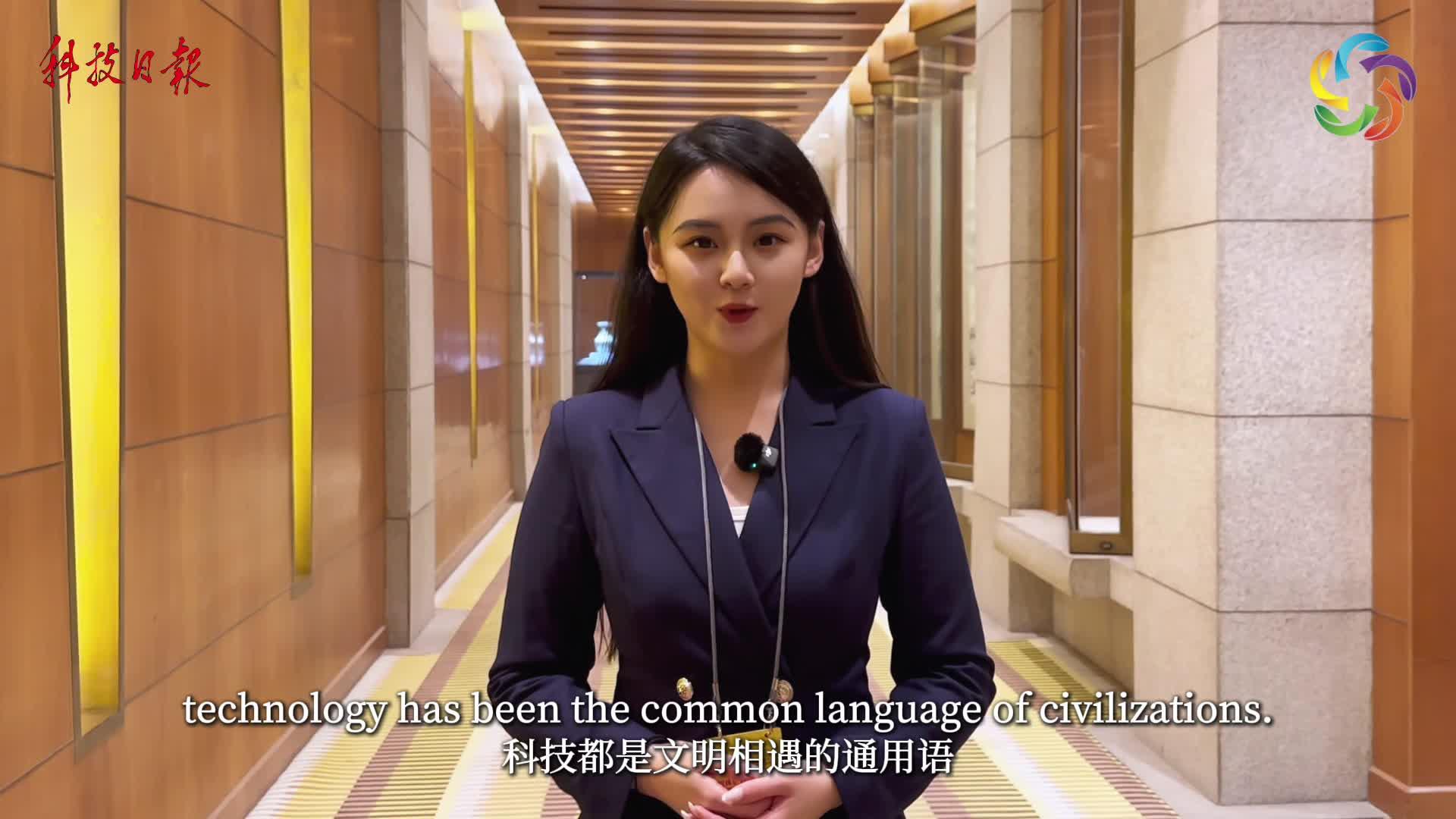Market-based Resource Allocation Gets Green Push
China has recently released a guideline aimed to enhance the market-based allocation system for resources and environmental factors, as part of the country's broader efforts to accelerate the overall green transformation of economic and social development.
"This is a top-level design for building a trading market for resources and environmental factors. The policy addresses institutional arrangements to solve existing problems such as unclear boundaries in trading markets and duplicate compliance, carrying great significance," said Wang Yi, a researcher at the Institute of Science and Development, Chinese Academy of Sciences.
The guideline proposes goals for 2027, including basically perfecting the trading system for carbon emission rights and water usage rights, establishing and improving the pollutant discharge rights trading system, improving market mechanisms for energy conservation, and making trading markets for resources and environmental factors more active and price formation mechanisms more developed.
An official from the National Development and Reform Commission said that China has established a national carbon emission rights trading market, a national voluntary greenhouse gas emission reduction trading market, and a water rights trade exchange, while carrying out trading pilots in many regions. These trading systems and markets are becoming increasingly mature.
"However, it is also important to recognize that China's marketization of resources and environmental elements is still at an early stage, facing problems such as imperfect management systems, limited types of trading subjects and methods, and insufficient policy coordination and information sharing," the official added.
The guideline comprehensively deploys measures focused on improving quota allocation systems for resources and environmental factors, optimizing trading coverage, perfecting trading systems, and strengthening foundational capabilities for trading.
Specifically, it calls for improving allocation systems for resource and environmental quotas. For example, it emphasizes strict dual control over total water consumption and intensity, facilitating coordination among water rights trading, river water allocation, water resource scheduling, water intake permits, planned water use management and supervision of water use.
The guideline requires optimizing trading scopes by expanding the carbon market coverage, improving market mechanisms for energy conservation, diversifying water rights trading categories and deepening trading in pollutant discharge rights.
It also calls for perfecting trading spheres by orderly integrating carbon emission rights, water rights, pollutant discharge rights, and other transactions into public resource trading platforms, promoting data convergence and sharing.
In addition, the policy emphasizes summarizing pilot experiences and rationalizing the relationship between local and national markets — prohibiting the creation of new local or regional carbon emission rights markets, and accelerating construction of a unified national water rights trading market. "The policy's call to rationalize national and local market relations lays the foundation for a future unified national carbon emission rights trading market and improves allocation efficiency," said Wang.







